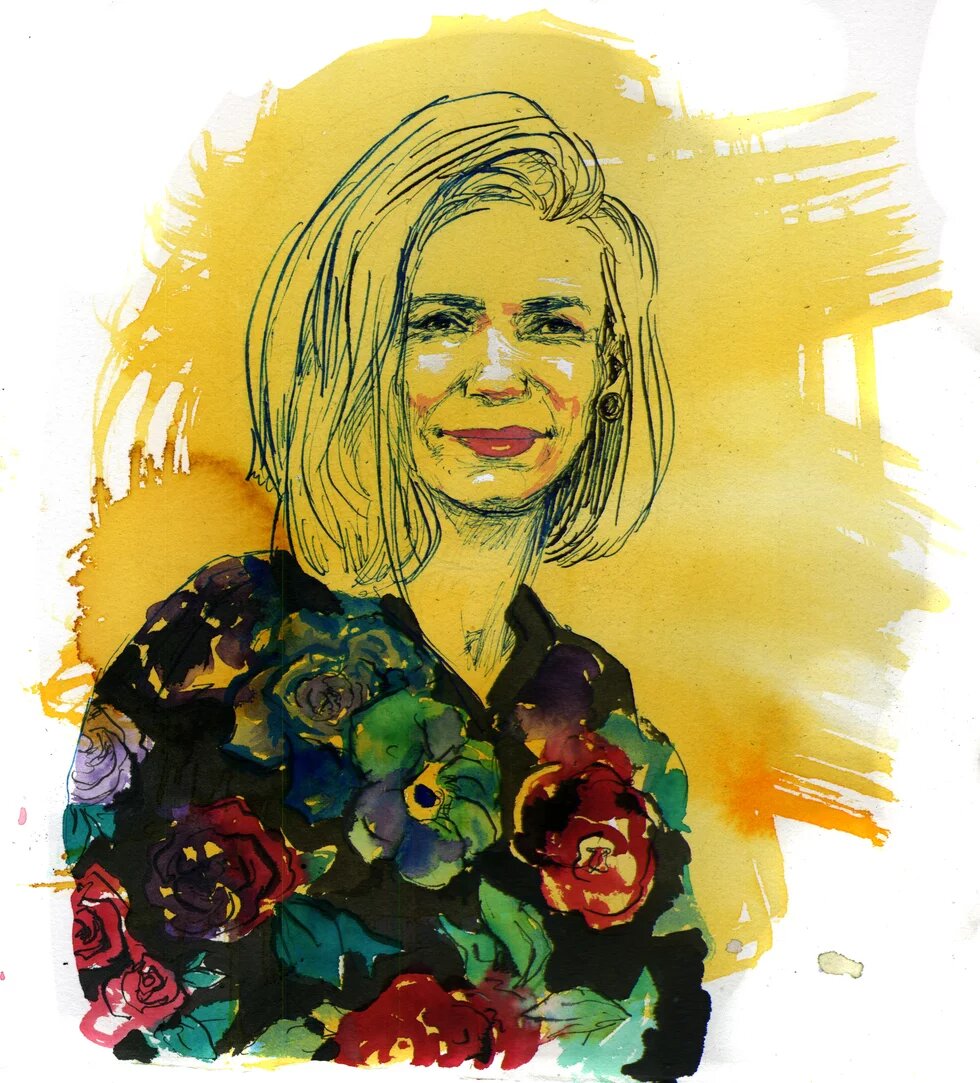Anna Cavazzini has been a member a Member of the European Parliament for The Greens/EFA since 2019. She shares her thoughts on what needs to be done to secure a circular economy and a just transition.

This interview is part of our Living Within Our Means Series.
Overshoot Day, the day on which we as a whole global community have used more resources than the earth can regenerate in a year, moves forward every year, highlighting the acceleration and convergence of multiple crises, including in particular the climate and biodiversity emergency. This year it is on July 28, 2022. Please tell us about 1-2 topics/processes/initiatives that you are currently supporting in your professional context and which you feel are absolutely critical in the context of reaching more sustainable growth paths.
One of the big things I am working on as Chair of the Internal Market Committee in the European Parliament is to build the conditions for a real circular economy. This means products that are easier to repair, that they get recycled on a much greater scale, and generally more sharing, leasing, and reusing. Durable products use less resources and create less waste, which benefits the environment and the climate. Consumers should be able make better informed choices thanks to more information, but there should also be hard rules mandating products to be sustainable to be sold on the EU market.
What role do equity, human rights and gender equality play in these processes/initiatives? What role should they play?
Human rights and gender equality are key to making production sustainable. It is even more glaring for specific sectors I focus on, like the textile sector. Even if cotton is organic, it is still of utmost importance to ensure that the seamstresses are working under conditions that are fair and that they earn living wages. Both dimensions go hand-in-hand. That is why I am fighting for an ambitious, mandatory due diligence legislation in the European Parliament, and a ban of products made with forced labor.
In this day and age, no one can really claim ignorance about what actions are sustainable or harmful in terms of the preservation of life on Earth. So, it seems we really don't have a knowledge problem but an action problem. If you could implement 1-3 key reforms to drive more action for sustainability in your sphere of influence, which ones would you focus on and which alliances would be important to achieve them?
In my sphere of influence, I am working on a plethora of reforms and actions concerning sustainability. I push for rules to ensure that the supply chains of companies selling in the EU are free of human rights abuses and environmental destruction . I focus on requirements for product design that integrate sustainability from the start. I fight to stop the import of commodities linked to deforestation, and fight trade deals (like the EU-Mercosur deal) that would accelerate the destruction of the environment and livelihoods of indigenous communities. It is not always easy to succeed, and working in the European Parliament requires building a majority based on joint compromises/good relations with the other political groups. The past years have shown that climate protection, sustainability and independence from fossil fuel producers like Russia cannot wait any longer, and I think a lot of people here in Brussels have understood this by now.
Without individual resilience, it is difficult to advocate effectively and sustainably for greater global resilience. Many sustainability advocates put their service for the collective good over their own well-being, among them a disproportionate number of women who are still facing the primary care-burden in both their personal as well as professional lives. What helps you to maintain and strengthen your mental and physical power?
For clearing my head, it is important for me to disconnect from time to time, spend time in nature, and meet friends and family. A lot of them do not work in politics, either, so we are having many conversations around food and music instead – a welcome distraction sometimes. I also enjoy running, climbing, and yoga to keep myself fit and balanced.
If you had to tell a first grader today why it is important to continue working for an ecologically, socially and gender-just transformation in the face of all the enormous challenges, what would you say and what skills would you recommend?
I know the challenges ahead can be scary - there is still so much to be done. We need to protect our planet, nature, animals … and make sure all people on earth are taken care of and treated equally. That is not an easy task - but it can be done if we stick together, work hard, are ambitious and come up with smart ideas. The worst thing we can do is become cynical or bury our heads in the sand. We need young people with the drive to actually change something. Best advice: Keep dreaming while being pragmatic, have your head in the clouds and your feet on the streets, organize, and learn practical skills.
Please tell us about one book or idea that has recently inspired you.
The book Doughnut Economics by Kate Raworth - she writes about how we have to rethink our economics in the 21st century and how we can break our addiction to ever more money and ever more growth, and instead redesign finance, business, and money to actually serve people and create economies that are distributive and regenerative by design.
This interview has been lightly edited for clarity.